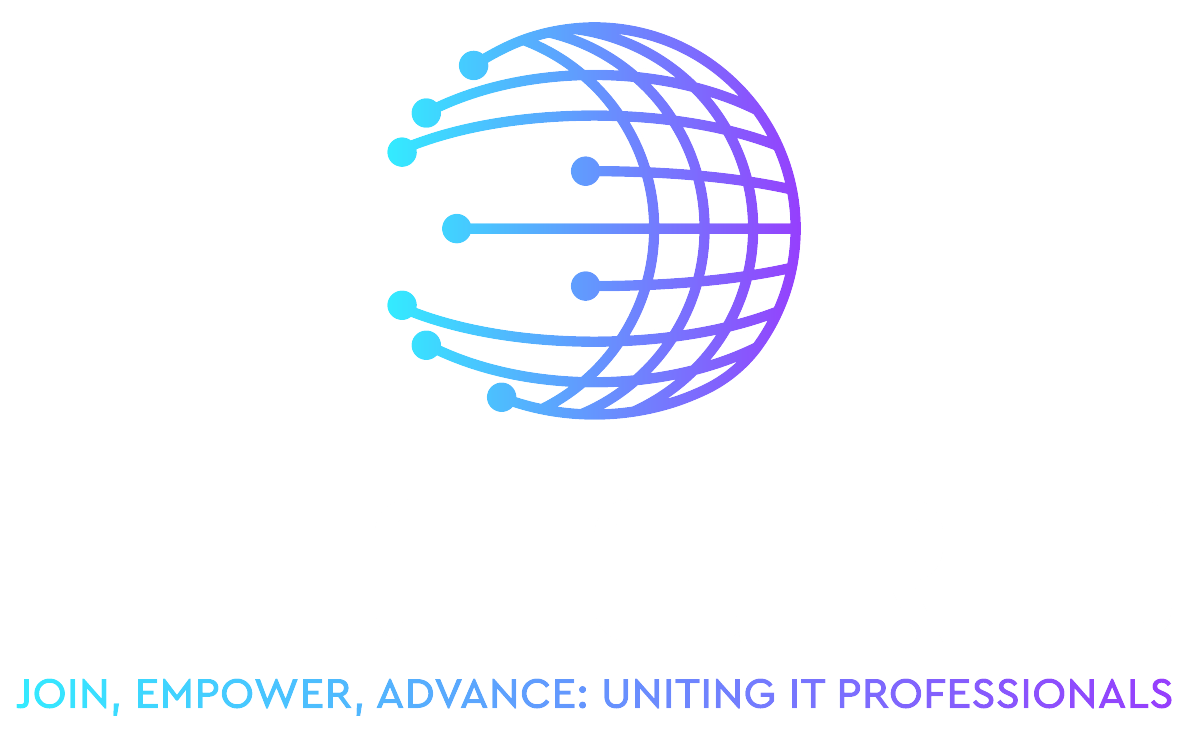In recent years, artificial intelligence (AI) has become an integral part of our lives, transforming the way we work, communicate, and even make decisions. While many of us are aware of the prominent applications of AI, such as virtual assistants and recommendation algorithms, there are several ways in which AI quietly influences our everyday lives without us even realizing it. In this article, we will explore some of the unseen impacts of AI that individuals may not be aware of.
1. Personalized Online Experiences
Have you ever noticed how the content you see on your social media feeds or the product recommendations on e-commerce websites are tailored specifically to your interests? This level of personalization is made possible by AI algorithms that analyze your online behavior, preferences, and past interactions to deliver content that is most likely to engage you. By continuously learning from your actions, AI helps create a more customized and relevant online experience.
2. Smart Devices and IoT
AI plays a crucial role in the functioning of smart devices and the Internet of Things (IoT). From voice-controlled assistants like Amazon’s Alexa and Apple’s Siri to smart thermostats and home security systems, AI enables these devices to understand and respond to human commands. By leveraging machine learning and natural language processing, AI-powered smart devices can adapt to our preferences, anticipate our needs, and make our lives more convenient.
For example, smart thermostats can learn our temperature preferences and adjust the heating or cooling accordingly, optimizing energy usage and reducing costs. Similarly, AI-powered home security systems can analyze patterns and detect anomalies, enhancing the safety of our homes.
3. Healthcare and Medical Diagnosis
AI has the potential to revolutionize healthcare by improving diagnostics, treatment plans, and patient care. Machine learning algorithms can analyze vast amounts of patient data, including medical records, lab results, and imaging scans, to identify patterns and make accurate predictions. This can assist doctors in making more informed decisions and providing personalized treatment options.
Additionally, AI-powered chatbots and virtual nurses can offer immediate assistance and guidance to patients, reducing the burden on healthcare professionals and improving accessibility to healthcare services.
4. Fraud Detection and Cybersecurity
As technology advances, so do the methods employed by cybercriminals. AI algorithms are now being used to detect and prevent fraudulent activities, such as credit card fraud and identity theft. By analyzing large volumes of data and identifying patterns of suspicious behavior, AI can quickly flag potential threats and alert security systems.
Furthermore, AI-powered cybersecurity systems can continuously learn and adapt to new threats, making them more effective in protecting our digital assets and personal information.
5. Traffic Management and Urban Planning
AI is increasingly being used in traffic management systems to optimize traffic flow, reduce congestion, and improve overall transportation efficiency. By analyzing real-time data from sensors, cameras, and GPS devices, AI algorithms can predict traffic patterns, suggest alternate routes, and adjust traffic signals accordingly.
Moreover, AI can contribute to urban planning by analyzing demographic data, energy consumption patterns, and environmental factors. This information can help city planners make informed decisions regarding infrastructure development, resource allocation, and sustainability.
In conclusion, while we may not always be aware of it, AI has permeated various aspects of our everyday lives, making them more efficient, personalized, and secure. From personalized online experiences to healthcare advancements, AI continues to shape our world in ways that we might not have imagined. Understanding the unseen impact of AI can help us appreciate its potential and make informed decisions about its usage.

